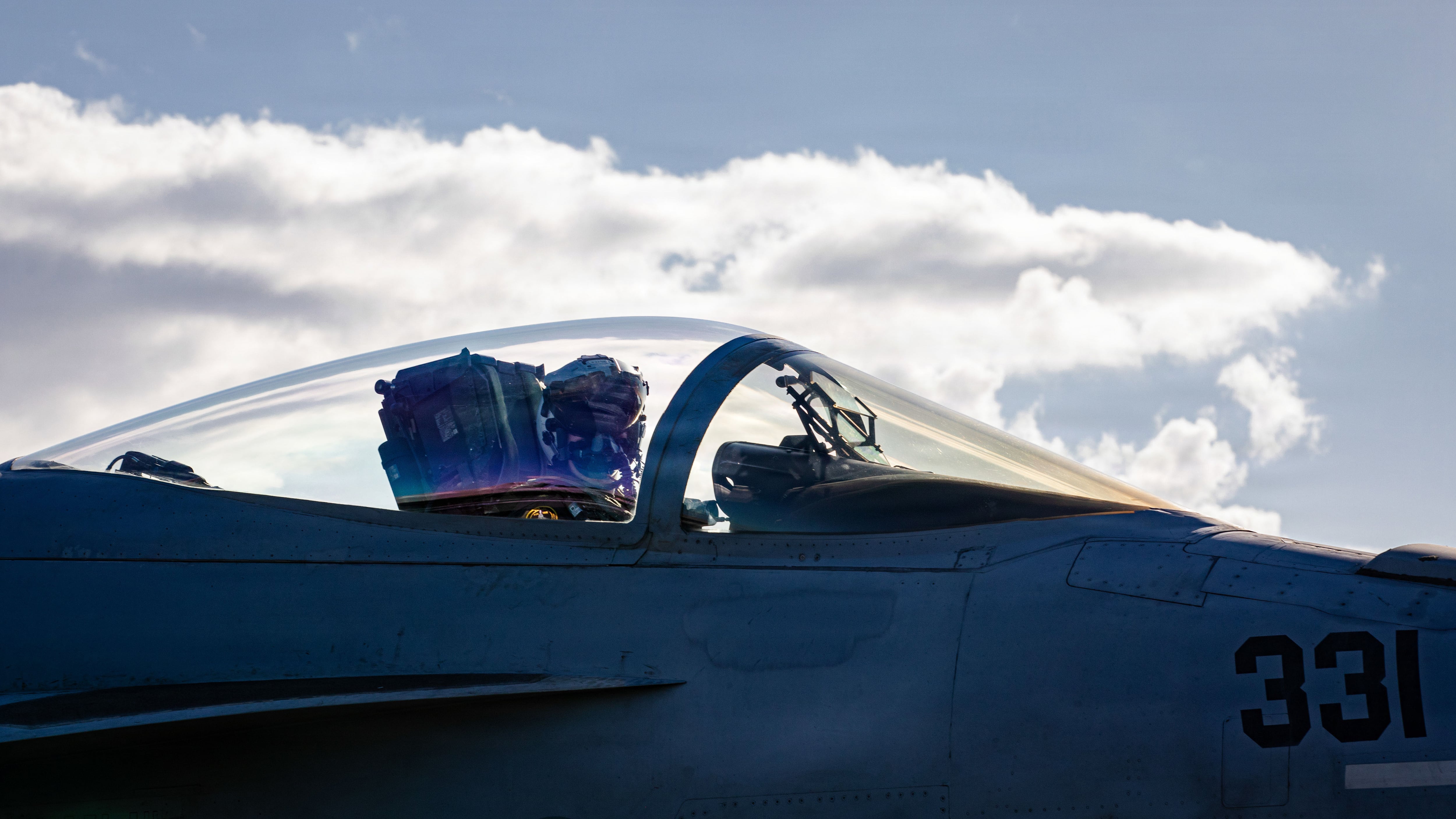Civilian special agents of the U.S. Army Counterintelligence Command will receive enhanced authorities to conduct searches, execute warrants and make arrests outside of military bases, Army counterintelligence leaders announced to members of the media during an Oct. 15 roundtable at the Association of the United States Army’s annual conference in Washington, D.C.
Title 10 U.S. Code Section 7377, written into the National Defense Authorization Act of 2025, will give the Army’s civilian CI agents authorities that now correspond with civilian law enforcement agencies to conduct law enforcement activities outside of military installations, Lt. Gen. Anthony Hale, Deputy Chief of Staff of the Army for Intelligence (DA G-2), told reporters.
The Department of Defense’s implementing guidance for these authorities must be approved by the Attorney General.
“I expect that authority to come from the Attorney General by the end of the year, in the calendar year,” Hale said.
Army CI agents are tasked with ferreting out espionage by foreign adversaries, and regularly work with federal and local law enforcement agencies nationwide to combat threats to national security. Their jurisdiction is limited to counterintelligence and national security investigations, including countering international terrorism.
In addition to allowing special agents within Army Counterintelligence to pursue leads off bases, the new authorities will also facilitate their ability to support other law enforcement agencies.
“The authorities provided to Army Counterintelligence Special Agents allow them to support other law enforcement agencies for the investigation of federal offenses, as determined by Department of [Defense] regulations and agreements with other law enforcement agencies,” an ACIC spokesperson told Military Times.
“The issue of whether or not ACIC special agents will be deputized is decided on the basis of the mission and authority of the agency they may be supporting,” the spokesperson added.
Limited Jurisdiction
Army CI agents were formerly unable to conduct searches, execute warrants or make arrests outside of military installations owing to legal challenges due to the Army’s limited jurisdiction within the United States and the nature of their investigations.
This has raised hurdles for CI in terms of being able to stop potential foreign spies from doing damage, according to Hale. “Most of the personnel that are under investigation live off of the installation,” Hale explained.
Having to rely on external law enforcement agencies to invest them with the necessary authorities created a backlog of cases and hampered CI agents from pursuing leads into potential acts of espionage, Hale said.
“A lot of the cases that we have right now may not gain the interest of a law enforcement agency because we haven’t found the critical information that we need to make this a larger case,” Hale noted.
He added that the new authorities will allow CI agents to seize devices and run forensics to further their investigations.
“Even with the newly enhanced authorities, ACIC will continue to coordinate with the FBI and other law enforcement entities as applicable for counterintelligence investigations,” an ACIC spokesperson told Military Times. “In fact, approximately 65% of ACIC investigations are conducted jointly with the FBI because of the concurrent jurisdiction of both agencies.”
Southern Border Support
Hale told Military Times that transnational criminal organizations represent a threat to be aware of, particularly with the large numbers of soldiers currently at the southern border.
“If you are impacting their livelihood, then you are a threat to them [the transnational criminal organization],” said Hale. “So if you are causing them to make less money, if you are causing them to not be able to push humans across the border, if you’re causing them to not receive weapons from a criminal organization, or whatever the merchandise or goods that they’re moving, then I would submit to you that you have a threat [from the TCO].”
Additionally, Hale announced that Army CI agents are currently working along the southern border in support of Task Force Southern Border and U.S. NORTHCOM. He also disclosed that NORTHCOM has requested Army counterintelligence support.
International Threats
“The adversary’s collecting on us every day no matter where we are,” Hale said. “You name an adversary, they’re out there collaborating. Our job, from the Army’s perspective, from the Army Counterintelligence Command’s perspective, is to engage with and thwart the adversary every day, to be out there on the front lines.”
Over 3,000 Army CI agents work round-the-clock to safeguard national security interests from threats and are in a constant battle against clever adversaries, he stated.
“It can be a scary story when you talk about counterintelligence and what the adversary’s capabilities are but I can submit to you, being the operational commander of this organization right here, that I’d put this team up against any of our adversaries and we’d be able to get after them.”
Zita Ballinger Fletcher previously served as editor of Military History Quarterly and Vietnam magazines and as the historian of the U.S. Drug Enforcement Administration. She holds an M.A. with distinction in military history.





